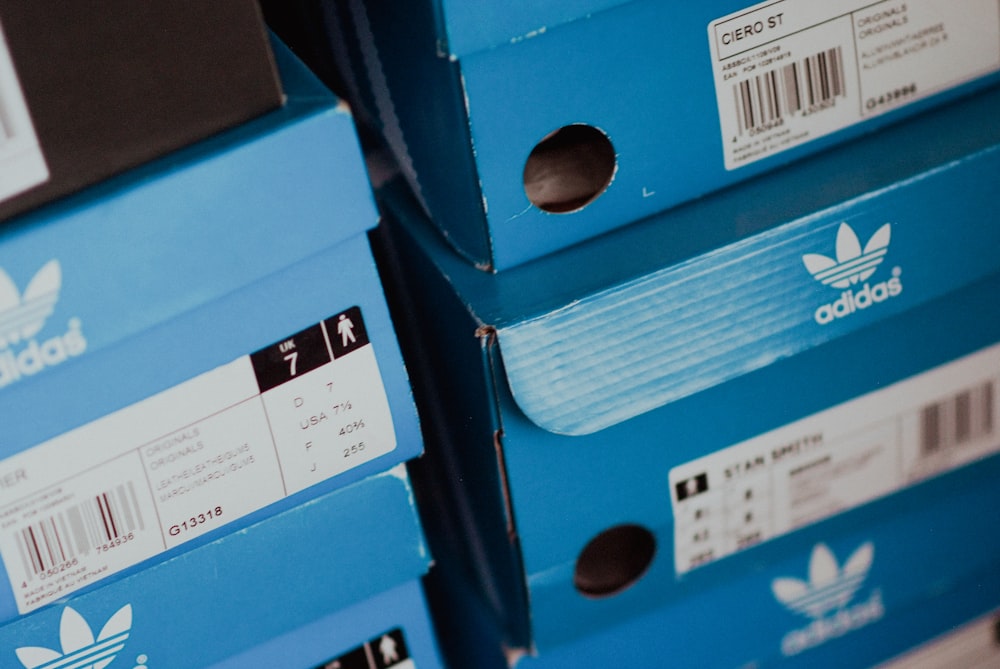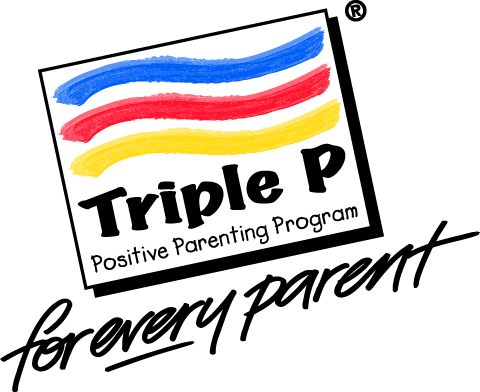Engaging Minds: Interactive Tools in STEAM Education

Revolutionizing Learning: Interactive STEAM Education Tools
Education is undergoing a paradigm shift with the integration of interactive tools into STEAM (Science, Technology, Engineering, Arts, and Mathematics) learning environments. This article explores the transformative impact of interactive STEAM education tools, revolutionizing the way students engage with and comprehend complex concepts.
To delve deeper into the world of interactive STEAM education tools, visit www.socialfacepalm.com. This comprehensive resource offers insights, reviews, and recommendations to guide educators and learners in harnessing the power of interactive tools for an enriched STEAM education experience.
Virtual Laboratories: Beyond Textbook Experiments
Interactive virtual laboratories have emerged as game-changers in STEAM education. These tools transcend traditional textbook experiments, allowing students to explore and conduct virtual experiments in a risk-free environment. Whether simulating chemical reactions, dissecting virtual organisms, or experimenting with physics concepts, virtual laboratories provide a dynamic and immersive learning experience.
Augmented Reality (AR): Bridging Real and Virtual Worlds
Augmented Reality (AR) is reshaping how students perceive and interact with their surroundings. In STEAM education, AR enhances learning by overlaying digital information onto the real world. From anatomy lessons with 3D overlays to exploring architectural structures, AR bridges the gap between abstract concepts and tangible understanding, making STEAM subjects more accessible and engaging.
Interactive Simulations: Bringing Concepts to Life
Interactive simulations breathe life into abstract STEAM concepts. These simulations enable students to manipulate variables, observe outcomes, and understand cause-and-effect relationships. Whether exploring the principles of physics through a virtual pendulum or experimenting with mathematical functions, interactive simulations provide a hands-on approach to learning complex topics.
Coding Platforms: Empowering Digital Creativity
Coding is an integral part of STEAM education, and interactive coding platforms empower students to unleash their digital creativity. From beginner-friendly interfaces to advanced programming environments, these tools demystify coding and encourage students to create interactive projects. Interactive coding platforms nurture problem-solving skills and prepare students for the digital landscape.
Online Collaborative Platforms: Fostering Teamwork
In the era of connectivity, online collaborative platforms play a crucial role in STEAM education. These tools enable students to collaborate on projects, share ideas, and collectively solve problems. Whether working on a coding project, engineering design, or artistic creation, online collaboration fosters teamwork, communication, and the exchange of diverse perspectives.
3D Printing: Transforming Ideas into Reality
3D printing is revolutionizing how students bring their ideas to life. In STEAM education, 3D printing transforms digital designs into tangible objects, allowing students to prototype inventions, create models, and explore the realms of engineering and design. This hands-on experience with 3D printing bridges the gap between theoretical concepts and practical application.
Educational Games: Infusing Fun into Learning
Interactive educational games inject an element of fun into STEAM learning. Whether solving math puzzles, exploring historical simulations, or participating in science-based quests, these games captivate students’ interest and motivation. Educational games not only reinforce subject knowledge but also nurture critical thinking and problem-solving skills in an engaging manner.
Interactive Whiteboards: Collaborative Learning Surfaces
Interactive whiteboards serve as collaborative learning surfaces in STEAM classrooms. These tools allow educators








